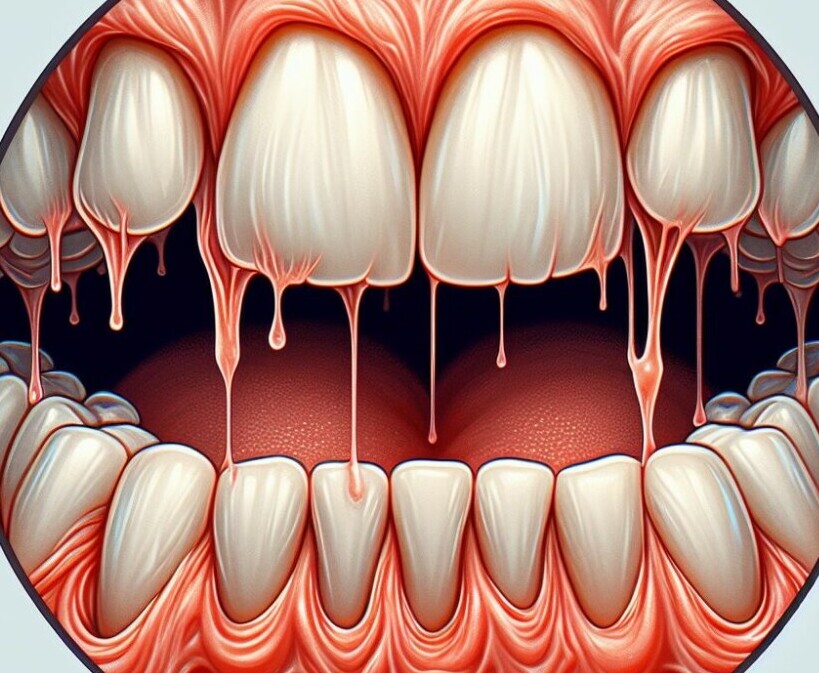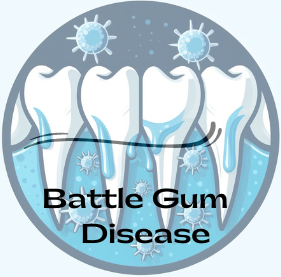
Today, I’m going to be talking about smoking and its impact on gum health. It’s not just about the known risks to your lungs and heart; smoking takes a serious toll on your oral health too, specifically your gums. You’re going to find out about how this habit can lead to significant dental problems, including support,.
Statistics don’t lie, and they’re pretty concerning when we’re talking smoking and gums. For example, did you know that smokers are about twice as likely to develop gum disease compared to non-smokers? And the more you smoke, the greater the risk. That’s just a glimpse into the numbers we’ll explore.
This isn’t just about scaring you with facts. It’s also about understanding the issue in a balanced, comprehensive way. I believe in providing information that respects you as a reader, adhering strictly to E-E-A-T principles, which means my priority here is accuracy, clarity, and utility.
By unpacking these details, you can be better informed about your health choices. And remember, while quitting smoking can seem daunting, the benefits for your gum health are undeniable. So let’s take a closer look at gum disease itself in the following section, including what it is, what causes it, and how smoking is a primary risk factor.
Understanding Gum Disease: Causes and Symptoms

I’m here to help you understand gum disease, which is also known as periodontal disease. This condition affects the tissues that hold your teeth in place and is typically the result of poor oral hygiene, leading to plaque buildup on your teeth and gums.
When it comes to smoking, it’s not just about bad breath and yellowed teeth, it’s also about the increased risk of gum disease. Smoking interferes with the normal function of the gum tissue cells, making your mouth much more vulnerable to infections like periodontitis.
So, what are the symptoms you should be wary of? Well, in the early stages, gum disease may show as swollen, red gums that bleed easily, especially when brushing or flossing. Don’t worry too much about occasional gum bleeding, but consistent problems merit a dental visit.
As the condition progresses, symptoms become more severe. The gums might recede, and pockets can form between the teeth and gums, harboring dangerous bacteria. Eventually, this can lead to tooth loss, which is definitely an outcome to avoid.
I want to underline the importance of early detection and professional intervention. If you’re a smoker and notice any troubling signs, it’s critical to consult your dentist quickly. They can provide a proper diagnosis and get you on the right track to better oral health.
Statistical Insights: Smoking and Its Quantifiable Impact on Gums
You might be wondering just how significant the impact of smoking is on your gum health. Well, the numbers speak for themselves. Studies have shown that smokers are about twice as likely to develop gum disease compared to non-smokers. That’s pretty startling and a clear indication of why understanding this ever-expanding issue is so important.
When it comes to the severity of gum disease, smokers often have it worse. For instance, a report from the Centers for Disease Control and Prevention (CDC) states that smokers are four to five times more likely to exhibit advanced gum disease. This is not just a statistic; it’s a wake-up call for smokers and their loved ones.
Now what does all this mean for the treatment of gum disease in smokers? The sad truth is that smokers generally don’t respond as well to some gum disease treatments, such as deep cleaning or surgery, as non-smokers do. The effectiveness of the treatment can be greatly compromised by the ongoing effects of smoking, suggesting that kicking the habit is a critical part of the healing process.
The statistics can feel overwhelming, but don’t worry too much about the numbers. What’s essential is that you see them as a source of motivation to take proactive steps toward looking after your gum health. Whether you’re already facing gum disease or are hoping to prevent it, knowledge is power.
Choose to use these insights as the catalyst for change. Remember, your efforts to quit smoking and maintain good oral hygiene can incredibly improve your dental health outcomes. If you want to take action, the next section is for you. I’m going to lay out some prevention and treatment strategies to equip you with the tools you need to combat the effects that smoking has on your gums.
Kickstarting Healthier Gums: Tips and Strategies for Smokers
That’s going to include a frank talk about prevention and treatment options for smokers concerned about their gum health.
When it comes to prevention, giving up smoking is the most impactful choice you can make. Not only does it drastically reduce the risk of developing gum disease, but it also improves the body’s ability to heal and respond to other treatments.
For those who aren’t ready to quit, reducing the number of cigarettes smoked can still benefit gum health. Additionally, maintaining strict oral hygiene practices, such as regular brushing, flossing, and using an antiseptic mouthwash, can help mitigate the damaging effects of tobacco.
Advanced treatment options vary from deep cleaning procedures like scaling and root planing to surgical interventions for more severe cases. It’s vital to consult with a dental professional to tailor the best treatment plan for your situation.
Remember, your first step doesn’t need to be perfect. It’s about starting the journey toward healthier gums. Advancements in help and support make quitting smoking more achievable now than ever before.
If you’re looking for assistance, resources like smoking cessation programs and products may prove invaluable. There’s also a vast community of support, from healthcare providers to online groups.
I’m here to help you understand that taking care of your gums is a crucial aspect of your overall health. Smoking doesn’t only affect your lungs; it impacts every part of your body, including your mouth. Choose to make a positive change today; your gums—and your entire body—will thank you for it.
“Here’s a little transparency: Our website contains affiliate links. This means if you click and make a purchase, we may receive a small commission. Don’t worry, there’s no extra cost to you. It’s a simple way you can support our mission to bring you quality content.”
